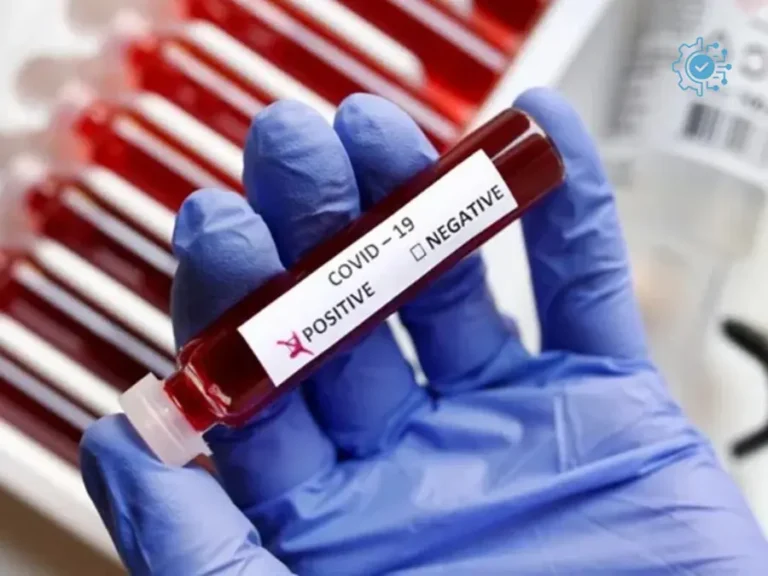In the ongoing battle for heart health, a new study on blood pressure has revealed surprising results that may shift conventional dietary advice. Instead of focusing solely on cutting salt, research shows that eating more potassium-rich foods like bananas may be more effective in managing BP. This ground-breaking research could alter how we approach blood pressure management, providing a more holistic and balanced method to support cardiovascular health.
The Traditional Focus on Salt Reduction
Why Salt Has Been the Villain for Blood Pressure
For decades, salt has been blamed for causing high blood pressure, and health organizations worldwide have urged people to limit sodium intake. The basic idea behind this advice is that excess sodium causes the body to retain water, increasing blood volume and thereby elevating blood pressure. The American Heart Association (AHA) and the World Health Organization (WHO) have long warned against high salt consumption, recommending that people with hypertension reduce their salt intake significantly.
But while salt reduction remains an important aspect of heart health, the findings of a recent study suggest that cutting salt alone may not be as effective as once thought. Instead, the focus may need to shift toward increasing potassium intake, which plays a crucial role in regulating blood pressure.
Bananas: A Surprising Solution for Blood Pressure
Potassium’s Role in Lowering Blood Pressure
Potassium, an essential mineral, is crucial for several bodily functions, including nerve transmission, muscle contraction, and fluid balance. It helps counteract the effects of sodium, relaxing blood vessels and reducing tension in the circulatory system. Potassium also supports kidney function, which helps the body excrete sodium more efficiently, thus helping to lower blood pressure naturally.
In the study that has turned heads in the medical world, researchers found that people who consumed potassium-rich foods like bananas had significantly lower blood pressure compared to those who restricted their salt intake but didn’t increase their potassium intake. This suggests that potassium may be an essential factor in controlling hypertension.
Bananas as a Potassium Powerhouse
Bananas have long been recognized as a great source of potassium, with one medium banana containing approximately 420 mg of the mineral. While bananas aren’t the only potassium-rich food, their convenience and versatility make them an excellent choice for those seeking to improve their heart health. But what sets bananas apart is that they also contain fiber and vitamin C, which further support cardiovascular and overall health.
How Potassium and Sodium Work Together in the Body
Achieving a Balanced Diet
The new research underscores the importance of achieving a balance between potassium and sodium in the diet. It isn’t just about avoiding salt; it’s about increasing potassium intake to help maintain an ideal sodium- potassium ratio.
- Sodium in excess can lead to fluid retention, which raises blood pressure and increases the risk of cardiovascular diseases.
- Potassium, on the other hand, helps relax blood vessels and supports the kidneys in flushing excess sodium out of the body.
The key takeaway from the study is that increasing potassium intake through foods like bananas while maintaining a moderate sodium intake may be a more effective strategy for managing blood pressure than focusing on salt reduction alone.
Other Potassium-Rich Foods for Better Blood Pressure
While bananas are the most popular and accessible source of potassium, many other potassium-rich foods can help maintain healthy blood pressure levels:
- Sweet potatoes: Rich in both potassium and fiber, sweet potatoes are a great alternative to regular potatoes.
- Spinach: One of the best vegetable sources of potassium, spinach can be enjoyed in salads, soups, and smoothies.
- Avocados: A delicious and nutritious source of potassium, avocados also provide healthy fats that benefit heart health.
- Beans and lentils: These legumes are not only rich in potassium but also packed with protein and fiber.
- Oranges and orange juice: These citrus fruits provide a good dose of potassium as well as vitamin C.
- Coconut water: A natural beverage that provides a potassium boost and is lower in sugar compared to many commercial drinks.
Incorporating a variety of these potassium-rich foods into your daily meals can offer synergistic effects, helping to naturally regulate blood pressure and support cardiovascular health.
Should You Completely Cut Out Salt?
Finding the Right Balance
The new findings don’t suggest that salt should be eeliminatedfrom your diet. Rather, it suggests a more balanced approach. While reducing excessive salt is important, it’s equally crucial to increase potassium intake to promote better blood pressure regulation.
Instead of focusing solely on avoiding processed foods that are typically high in sodium, consider boosting your potassium intake by incorporating whole, fresh foods like bananas, sweet potatoes, and leafy greens into your meals. This balanced approach may help you achieve better heart health and more effective blood pressure control.
Practical Tips for a Heart-Healthy Diet
1. Start Your Day with a Banana
Adding a banana to your breakfast is an easy and delicious way to start your day with a healthy dose of potassium. Pair it with whole grains like oatmeal or toast for a balanced meal.
2. Cook with Fresh Ingredients
Instead of relying on processed, pre-packaged meals, choose fresh vegetables, fruits, lean proteins, and whole grains, all of which are naturally high in potassium.
3. Use Herbs Instead of Salt
Experiment with using fresh herbs and spices to flavor your food instead of reaching for the salt shaker. Basil, garlic, ginger, and turmeric not only add flavor but also have health benefits.
4. Stay Active
Incorporating regular physical activity, such as walking, jogging, or cycling, into your routine can help lower blood pressure and improve overall heart health.
Conclusion: Rethinking Blood Pressure Advice
The results of this groundbreaking study suggest that bananas, and potassium-rich foods in general, should be considered a critical part of managing blood pressure. While reducing salt remains important, increasing potassium intake may be even more beneficial in regulating blood pressure levels.







